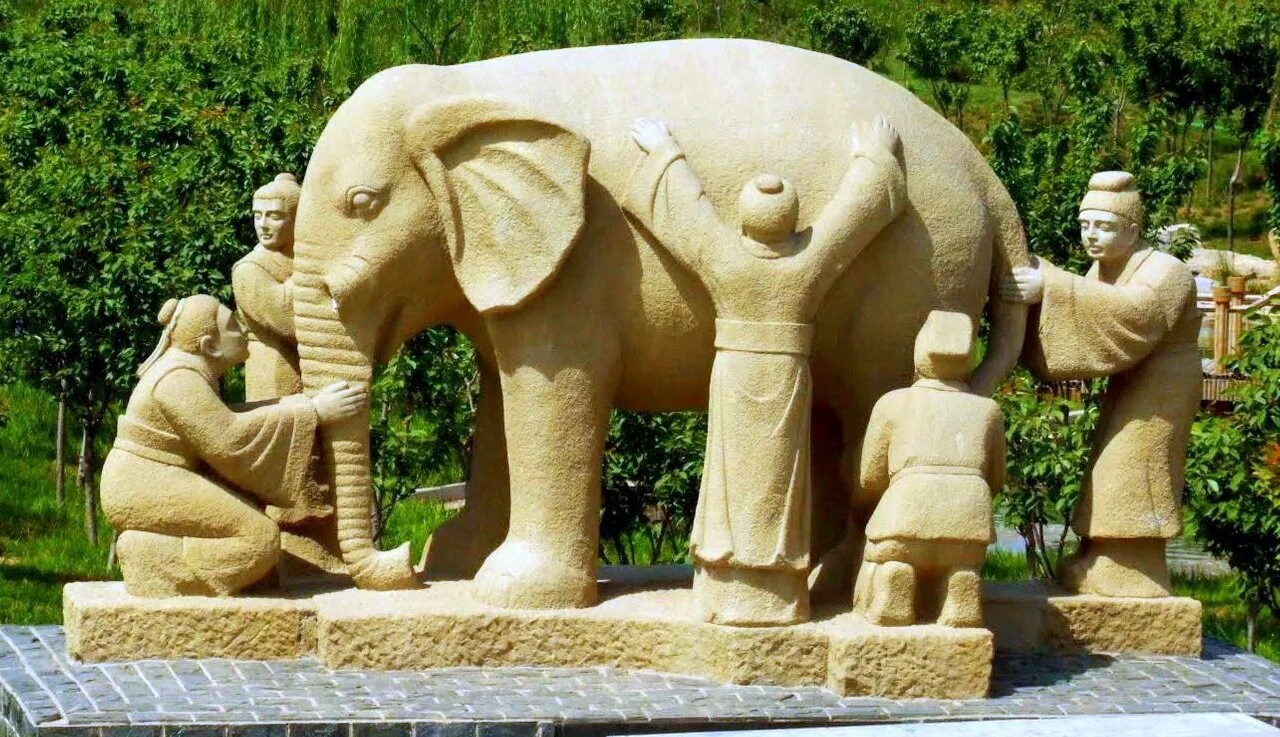The initiative and intrinsic motivation to train solo successfully for extended periods are rare and vital qualities for any aspiring performer. Over recent months the lack of direct coaching supervision, restricted access to training facilities and absence of training partners posed huge challenges for athletes at all levels, testing not only their will but also their ability to find a way. Regular readers will recognise that these are not new themes - as noted before the biggest test of a coach is what happens when we’re not present. With the unprecedented events of 2020 all of this very much came to the fore. The critical role of agency and the need to ensure that athletes are capable of functioning independently are arguably among the biggest lessons that coaches, practitioners and indeed the athletes themselves can take from this tumultuous period.
Where Do We Draw the Line in Elite Sport?
Recent scandals, including multiple allegations and criminal cases of serious abuse, have rocked sport around the world. Arguably the most egregious example is the case of USA gymnastics, which should serve as a cautionary tale for everybody involved in sport at all levels. Against this backdrop, there has been something of an avalanche of allegations of bullying and improper conduct that are presently playing out in the public sphere. In turn, this has prompted calls for national sporting bodies to be less obsessively driven by winning medals. The perils of the ‘winning at all costs’ mentality have been cited as the reason behind the toxic environments and climate of fear that has been alleged in multiple sports, notably in the investigations that are presently ongoing within the UK. But of course winning on the world stage does come at a cost, both financial and personal. So where should we draw the line?
Triangulating a Position
As the value of cognitive diversity becomes more recognised, what is striking is how slow we have been to realise the need to revise our habitual ways of consuming information and interacting with those who hold contrary views. Whilst pioneers who think different are celebrated in modern western culture, in reality we are far less amenable to entertaining disagreement and diverging ideas. In the professional and academic realm we are quick to follow an authority and align with a school of thought. The hordes are likewise quick to leap into the breach to defend the doctrine against perceived challenge or dissenting views. If anything debates in all circles are increasingly polarised, as the assembled masses flock to either one side or the other. We might appreciate cognitive diversity on a conceptual level, but on a practical level we are clearly not there yet. So what steps can we take to enjoy the benefits of cognitive diversity and open our minds to the possibilities as we form our opinions?








